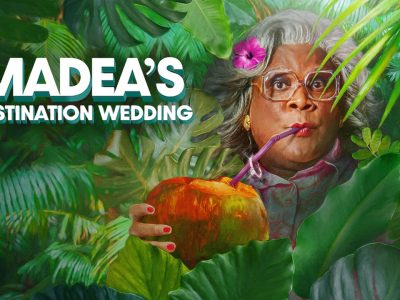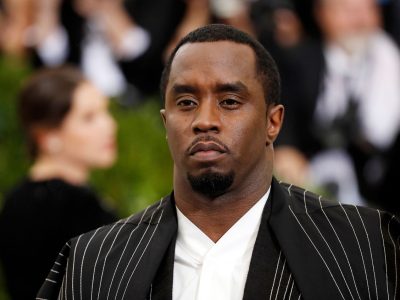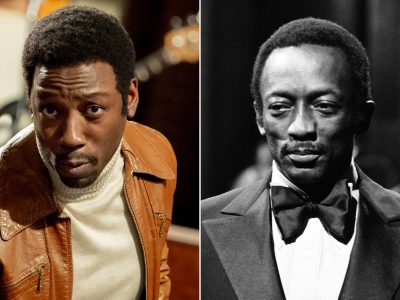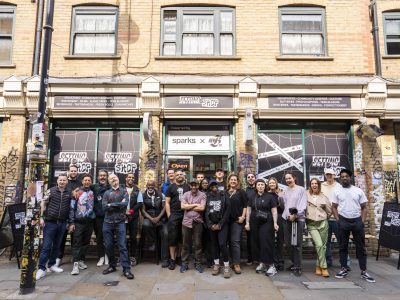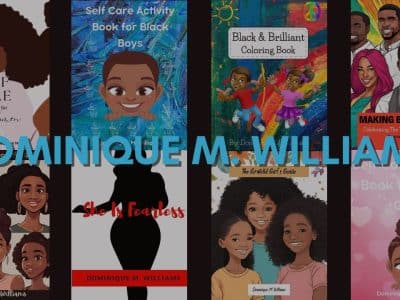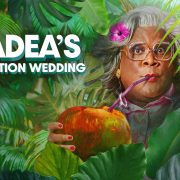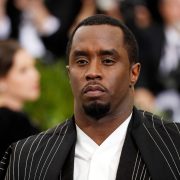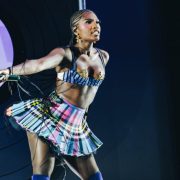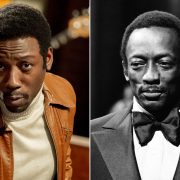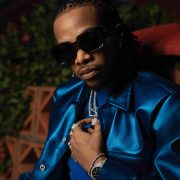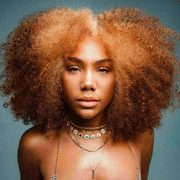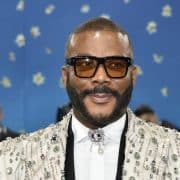If there’s one name synonymous with black British filmmaking, it’s that of Sir Horace Shango Ové. Sir Ové holds the Guinness World Record for being the first black British filmmaker to direct a feature-length film, Pressure (1976).
The British Film Institute (BFI) has stated that Horace Ové is a pioneer in Black British history, and his work illustrates the realities of the Black British experience. However, as a Black British man born in 1936, his work has been highly controversial due to the rampant racism of his time. Now 85, Ové was knighted in the 2022 New Year Honors for services to media, yet his films were banned in the past.
Ové’s films documented the duality of racism and Black Power in Britain. His films, such as Reggae (1971) and Skateboard Kings (1978) and has inspired emerging filmmakers.
He was born on 3 December 1936 in Belmont, Trinidad, and Tobago, but traveled to Britain in 1960 to study the arts. He was interested in painting, photography, and interior design. It wouldn’t be until 1963 that he would enter the world of the seventh art as a film extra on the set of Joseph L. Mankiewicz Cleopatra (1963).
He returned to London, where he studied at the London School of Film Technique and directed a short film for the Acupuncture Association in 1966, The Art of the Needle.
His first film discussing the Black experience in Britain and the US was Baldwin’s Nigger, (1969), and he then filmed his next documentary, Reggae. It was shown on BBC television, and Ové filmed other documentaries for the BBC. This film documented the arrival of reggae to the UK. He’d go on to tell the story of the Trinidad carnival and the birth of skateboarding with his subsequent films.
You can probably see a pattern here: Ové is a documentarian, a storyteller who records and witnesses, as an external observer, without intruding into the natural goings of his actors. Ové never let the ruthlessness of black British reality deter him from illustrating truth through his lens. Some of his films were banned for over three years, due to scenes portraying police brutality. He wouldn’t budge, nor edit it out to please his funder, the British Movie Institute. For three years he waited and prevailed.
Ové is a multi-disciplinarian artist, as his career in photography mirrors his film career. His 2004 exhibition Pressure: Photographs by Horace Ové is described as the first in-depth look at his photographic back catalogue”, recording the political awakening in the 70s and 80s London.
Sir Horace Shango Ové is regarded as The Godfather of black British filmmaking. Most, if not all, of his friends, students, and followers can ascertain that his knighthood is well-deserved.

